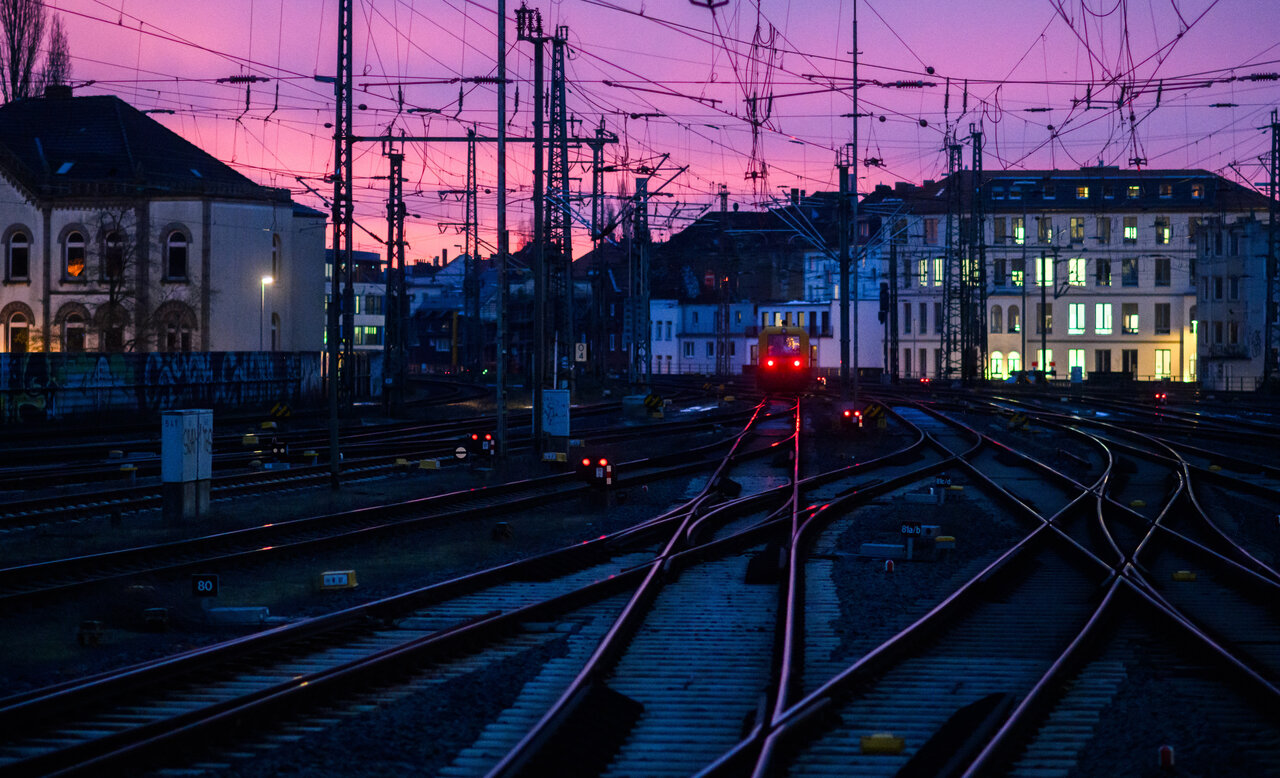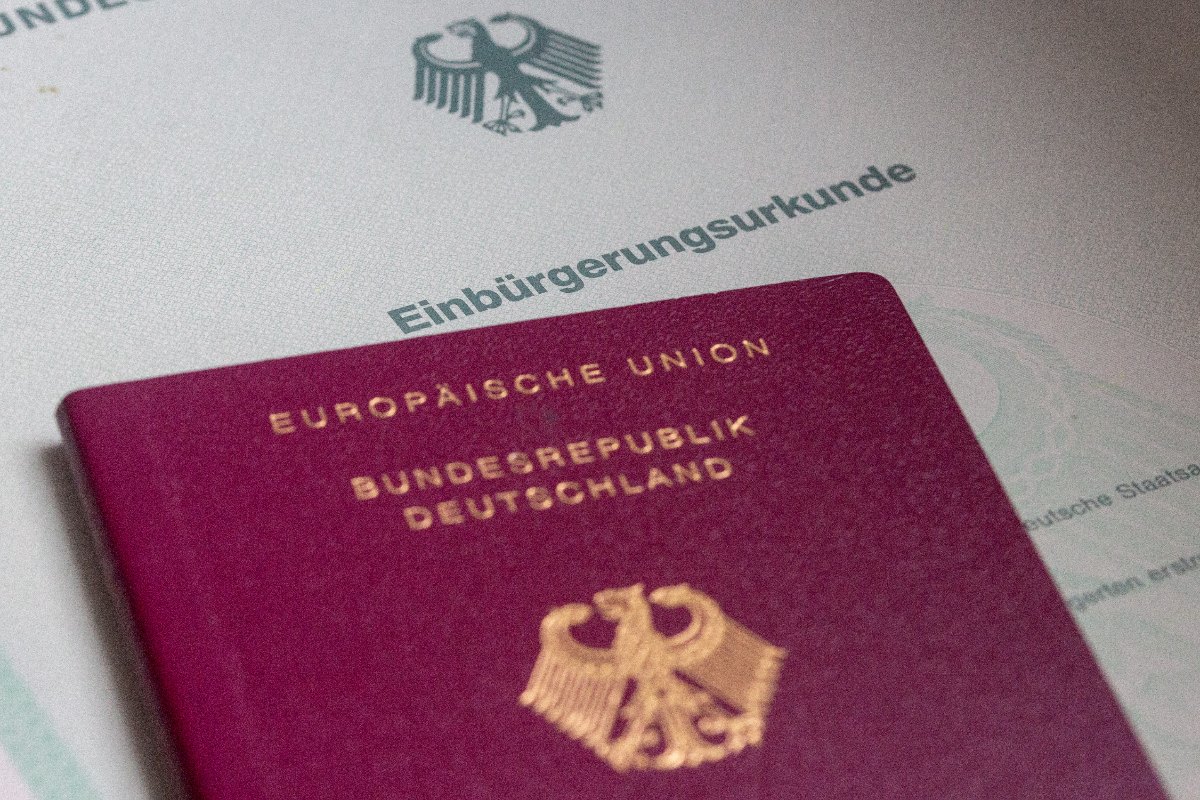Living in Germany is our weekly look at some of the news and talking points in Germany that you might not have heard about. Members can receive it directly to their inbox on Saturday.
Why has German school students’ performance nosedived?
This week we reported on the latest results of the so-called PISA study which looks at how 15-year-old school pupils are doing in various subjects like literacy, maths and science. According to the international survey, German students achieved some of their lowest scores ever. In the study, which was carried out in 2022 and is the first since the Covid pandemic, German pupils’ performance was also found to have fallen significantly compared to other countries. Young people scored particularly badly in maths, dropping 25 points below the previous score of 500 in 2019.
The PISA study has sent alarm bells ringing in German society, with many wondering what has contributed to the dramatic decline. One reason that has come up is the Covid pandemic, as German schools were heavily affected. Other countries with lockdowns also suffered a drop in results. Another issue is that Germany falls behind on digitalisation. When schools did shut, there was a lack of digital infrastructure in many schools to enable learning from home. “In an international comparison, Germany was not well prepared for distance learning in terms of equipment with digital devices,” explained study director Doris Lewalter.
People have also pointed to teacher shortages. Germany is dealing with a lack of workers, including in the education sector. Another possible factor could be a lack of German language skills in the classroom – especially among pupils with a migration background, which increases the burden on teachers. It is clear that it’s a complicated picture, and this ‘PISA shock’ will no doubt be a major political talking point going forward.
Tweet of the week
Can we say this is the German word of our time rather than just the year?
Germany’s word of the year for 2023 is “Crisis Mode” (Krisenmodus). pic.twitter.com/iI5kvwnuMh
— James Jackson (@derJamesJackson) December 8, 2023
Where is this?

On Friday we woke up to a train drivers’ strike in Germany, although a few trains were running as seen here in Hanover. It was also a spectacular morning if you were up early enough to catch the sunrise, with slightly milder temperatures compared to what we’ve been experiencing lately.
Did you know?
If you’ve lived in Germany for a long time you might be familiar with this Christmas favourite – Drei Hasselnüsse für Ashenbrödel or Three Wishes for Cinderella. But did you know just how popular it is in Germany (and some other European countries) and that it turned 50 this year? The film was shown 15 times between December 1st and New Year last year on German and Norwegian TV, showing just how loved it is. Audiences love its romantic feel and wintry scenes, with many families making it a large part of preparing for the festive season. It’s also hugely popular in the Czech Republic and Norway.
If you’re interested in finding out more, check out the Drei Hasselnüsse für Ashenbrödel exhibition that has recently opened at Moritzburg Castle in Saxony, which was also one of the shooting locations for the film. It includes original costumes, memorabilia, props and more. Fans can also visit other outdoor filming locations like the gothic Svihov Castle in the west of the Czech Republic and the snowy slopes of the Bohemian Forest on the German-Czech border.





 Please whitelist us to continue reading.
Please whitelist us to continue reading.
Two YouTube versions of a traditional movie. Original 1974 and recent filmed in 2021. The original is in German with subtitles.
https://youtu.be/AU0w2Uq9tNU?feature=shared
https://youtu.be/pwVEeuGYSYs?si=d3fW1SH6Brno04l1